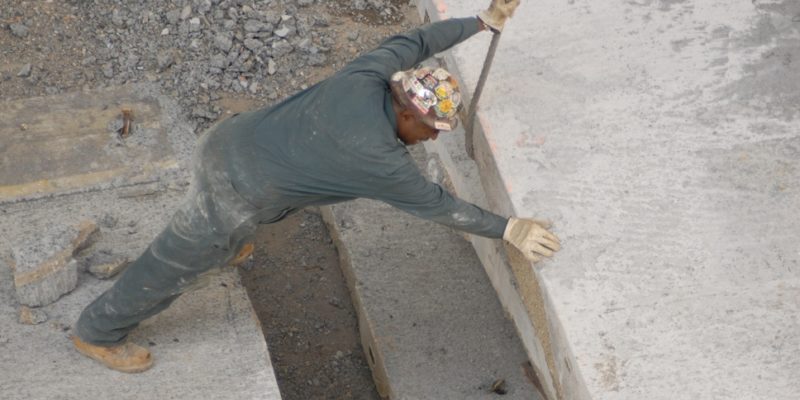February 2, 2017 10:41 am
Column by Jessie Danielson
Imagine working hard at your job, then discovering that you’ve been cheated out of your wages or benefits when your paycheck arrives. You may have personally experienced something similar – not being paid for overtime worked, having to work off the clock, or other wage law violations.
Perhaps the worse part is that under current state law, employers found guilty of wage theft are shielded from the public eye because an obsolete law classifies wage theft as a “trade secret.”
I believe that is wrong. Hardworking Coloradans deserve better, and the public deserves to know about employers who unfairly cheat their workers. That is why I have introduced the Wage Theft Transparency Act, HB17-1021, which will do away with the 100-year-old state law that shields these companies. Not only will it help workers, but it will even the playing field for the vast majority of Colorado businesses who do not violate wage laws Most companies across the state treat their workers fairly. Most companies and employers do not violate the law or the rights of their employees. They know that hard work should be compensated and good employees are critical to their companies’ success.






